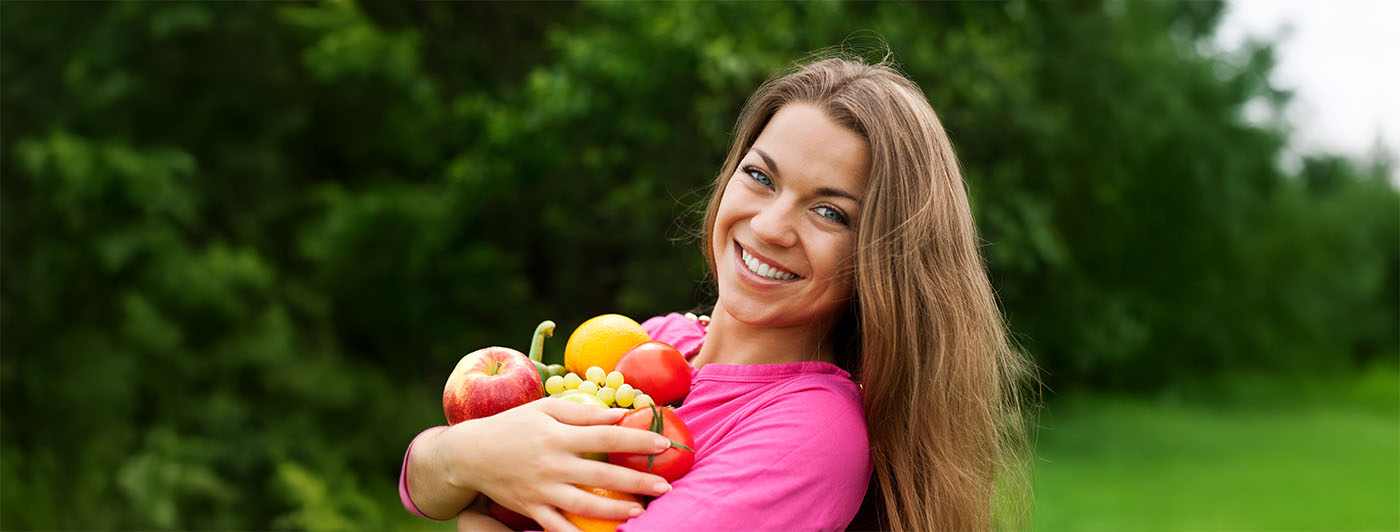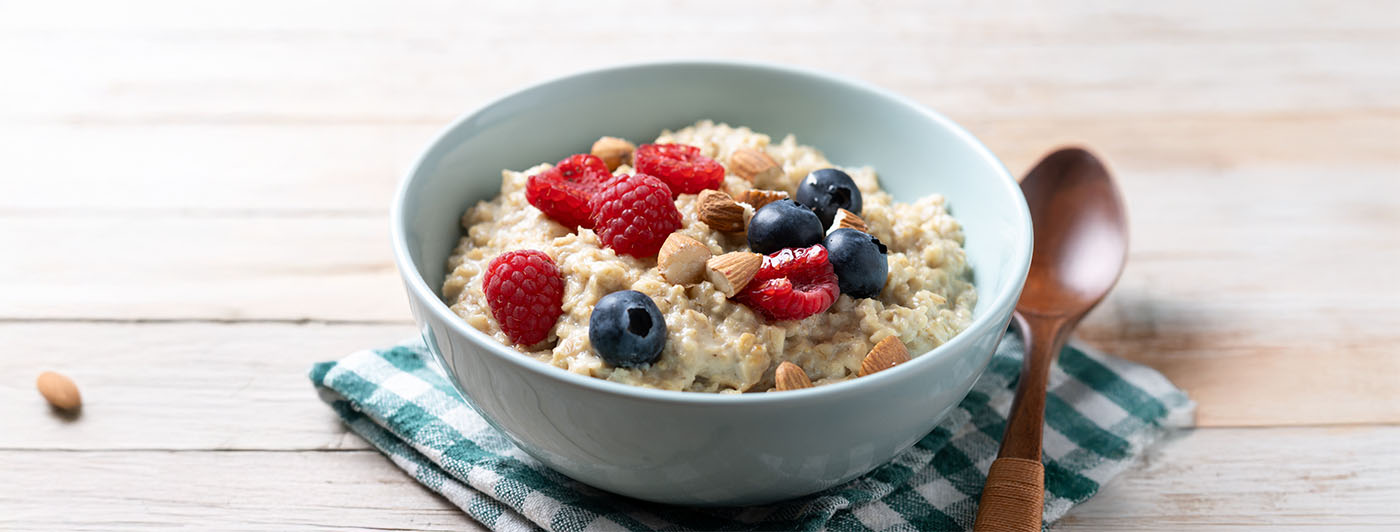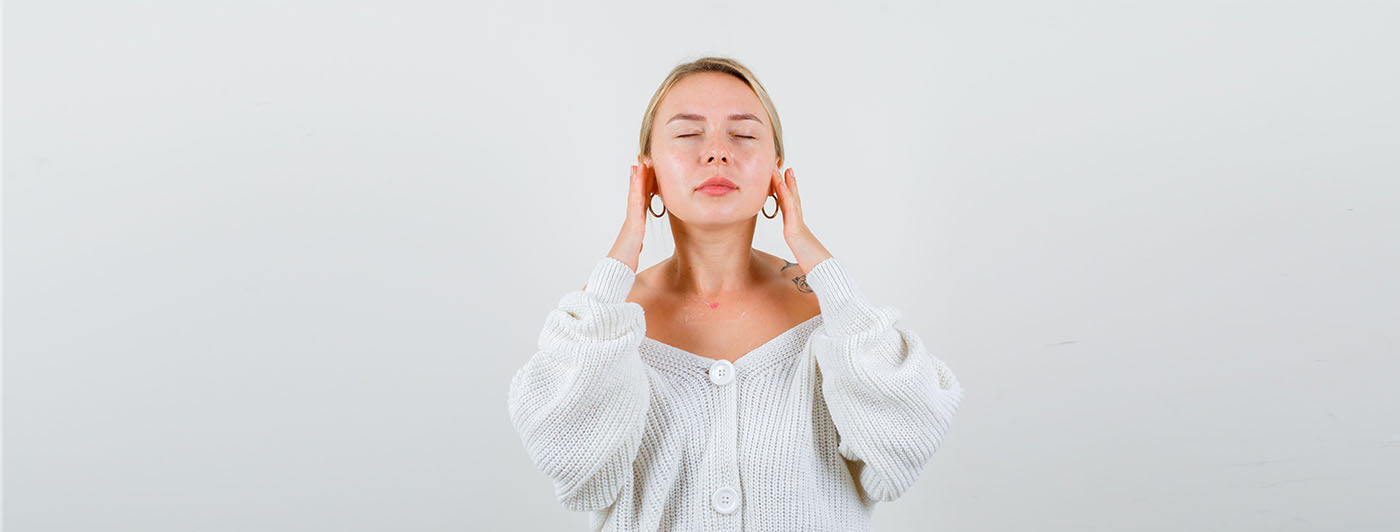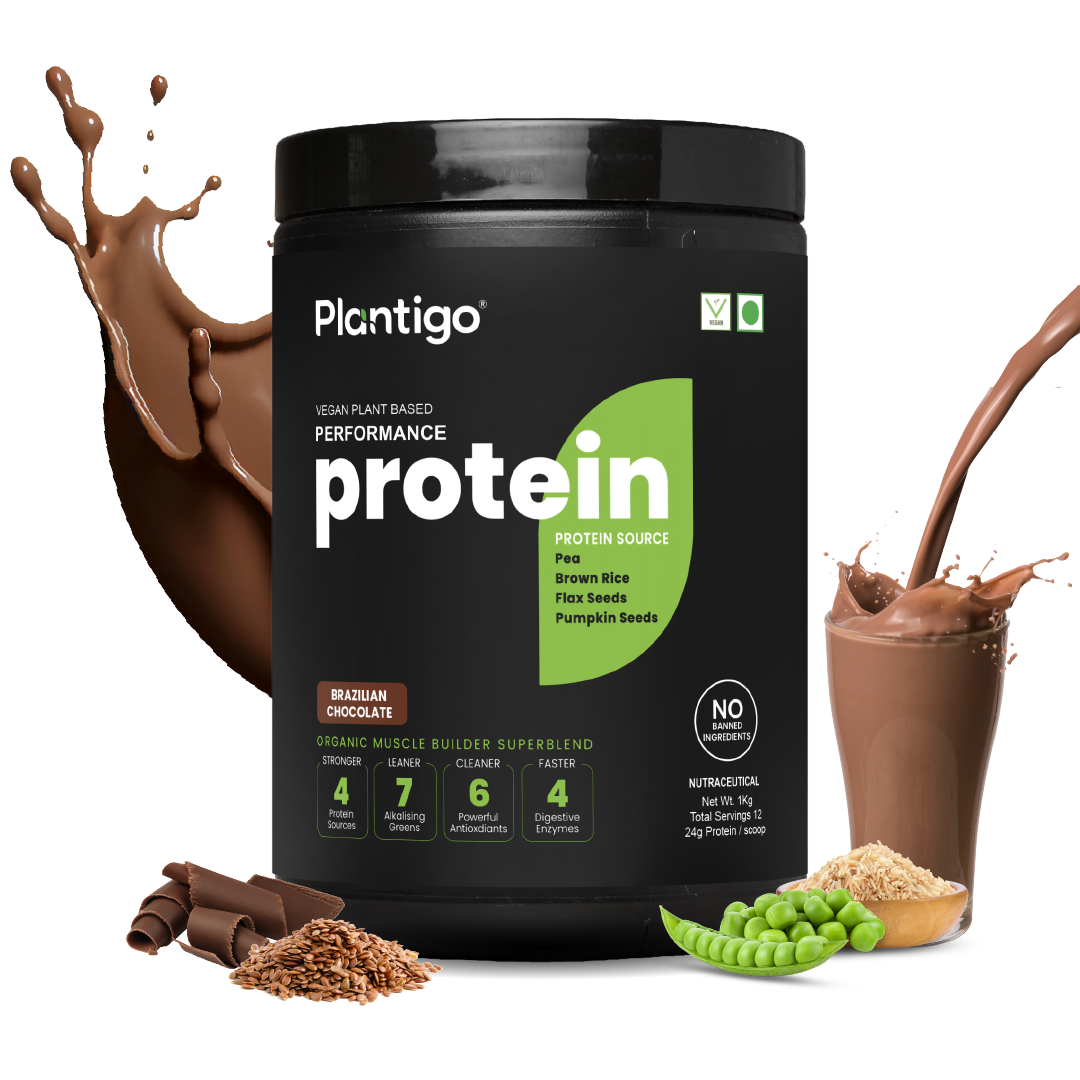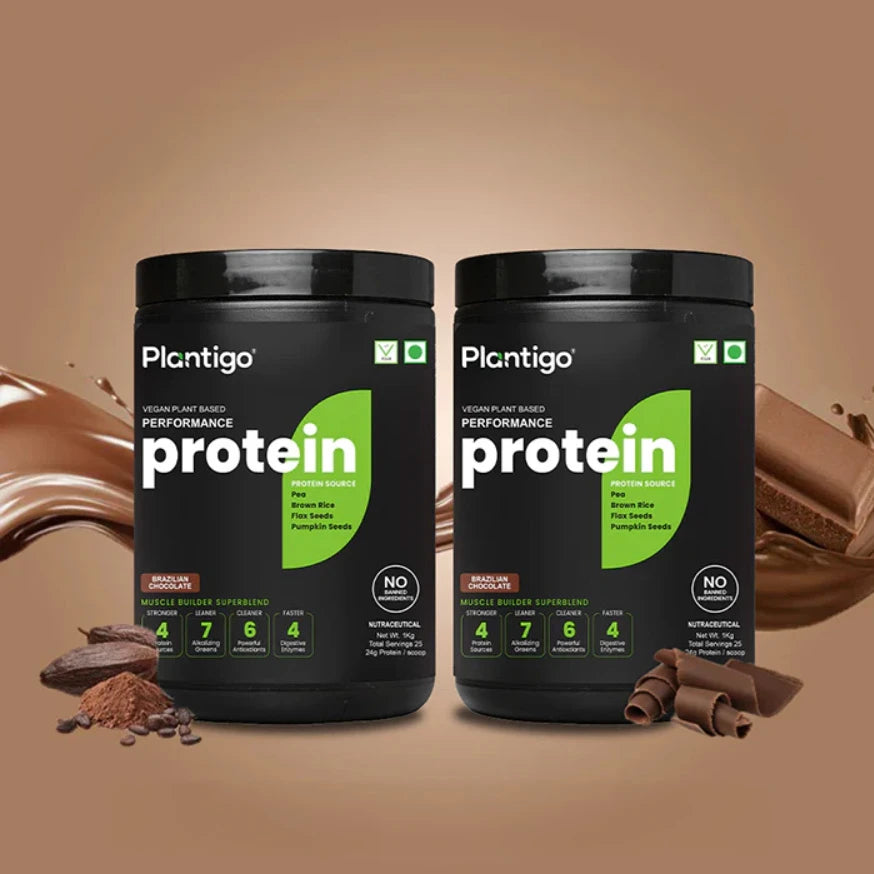Good hair starts in the kitchen, not the salon. Strong, shiny, and voluminous hair isn’t just about genetics—it’s a reflection of what you eat. While oils, shampoos, and treatments play their role, the real foundation of healthy hair growth starts within. Among all food groups, fruits for hair growth are the most powerful—especially when paired with enough plant protein to fuel keratin production.
Packed with antioxidants, vitamins, and minerals, these natural foods provide the essential nutrients your scalp and follicles need to thrive. In this guide, we’ll explore the 12 best fruits for hair growth—backed by science, simplified for everyday life, and with easy tips to add them to your diet.
Why Fruits Are Essential for Hair Health
Hair is mostly made of keratin, a protein—but keratin production relies heavily on vitamins and minerals. That’s where fruits for hair growth play a crucial role:
-
Rich in antioxidants: Protect follicles from oxidative stress, a major cause of thinning and premature aging.
-
Loaded with vitamins: A, C, E, folate, and more, which support scalp circulation, collagen formation, and cell regeneration.
-
Hydrating & detoxifying: Their natural water and fiber content keep the scalp moisturized and reduce inflammation.
-
Aid nutrient absorption: Vitamin C in fruits enhances iron absorption, preventing anemia-related hair loss.
In short, fruits for hair growth don’t just protect your strands—they create the internal environment your hair needs to flourish.
Top 12 Fruits for Hair Growth
1. Berries
Berries such as strawberries, blueberries, and blackberries are among the most effective fruits for hair growth. They’re loaded with vitamin C, which stimulates collagen production. Collagen strengthens hair structure, preventing breakage and improving elasticity. Their anthocyanins and polyphenols also act as antioxidants, reducing scalp inflammation. These berries are also considered natural sources of collagen boosters, thanks to their vitamin C content.
Extra tip: Frozen berries retain most nutrients, so you can store them and enjoy year-round.
How to add them: Blend into smoothies, sprinkle on oats or yogurt, or snack between meals.
2. Oranges
Oranges and other citrus fruits are widely known as vitamin C-rich foods and are essential fruits for hair growth. Vitamin C boosts collagen synthesis, while also improving iron absorption—critical because iron deficiency often leads to thinning. Oranges also support scalp blood flow, ensuring follicles receive enough oxygen.
Extra tip: Drinking fresh juice on an empty stomach maximizes nutrient absorption.
How to add them: Eat whole, make juice, or toss segments into salads.
3. Avocados
Avocados are unique among fruits for hair growth because of their healthy fats. They’re high in vitamin E (protects follicles from oxidative stress), vitamin C (collagen production), and monounsaturated fats (improve scalp circulation). Avocados also contain biotin, making them one of the best biotin fruits for natural hair strength.
Extra tip: Avocado oil doubles as a topical treatment for dry scalp.
How to add them: Spread mashed avocado on toast, blend into smoothies, or add to salads.
4. Bananas
Bananas provide potassium, silica, and fiber, making them reliable fruits for hair growth. Potassium improves circulation, while silica strengthens strands, giving them more volume. Bananas also contain modest protein (about 1 banana protein = 1.3 grams), which, when combined with nuts or yogurt, contributes to stronger strands.
Extra tip: Overripe bananas can be used in homemade hair masks to restore shine.
How to add them: Slice into cereals, blend into shakes, or eat as a pre-workout snack.
5. Papaya
Papaya is one of the best tropical fruits for hair growth, rich in folate, vitamin A, and beta-carotene. Folate boosts circulation, vitamin A regulates sebum, and beta-carotene prevents follicle blockage. Together, these nutrients create the perfect environment for new growth.
Extra tip: Papaya seeds also contain beneficial compounds that improve gut health, indirectly aiding nutrient absorption for hair.
How to add them: Enjoy fresh cubes, add to fruit bowls, or blend into smoothies.
6. Apples
Apples are antioxidant-rich fruits for hair growth that regulate blood sugar. Stable sugar levels prevent hormonal imbalances linked to hair loss. Apples also contain polyphenols that protect follicles and improve scalp blood flow.
Extra tip: Eating the peel maximizes polyphenol intake.
How to add them: Snack raw, pair with nut butter, or add slices to salads.
7. Grapes
Grapes, especially red and purple varieties, are powerful fruits for hair growth thanks to resveratrol—a compound that protects against follicle inflammation and improves circulation. Their high water content also keeps the scalp hydrated, preventing dandruff and irritation.
Extra tip: Grape seed extract is used in many natural hair growth supplements.
How to add them: Eat fresh, freeze for a snack, or toss into salads.
8. Kiwi
Kiwi is one of the most underrated fruits for hair growth, often containing more vitamin C than oranges. As one of the most powerful vitamin C rich foods, kiwi supports collagen production and boosts iron absorption, while folate improves follicle turnover. Kiwi also provides vitamin K, which promotes scalp circulation.
Extra tip: Eat kiwi with the skin for added fiber and nutrients.
How to add them: Cut in half and scoop with a spoon, or blend into smoothies.
9. Pomegranate
Pomegranate is a superfood among fruits for hair growth because of its polyphenols and antioxidants, which enhance scalp blood flow. This helps deliver nutrients efficiently to follicles, reducing hair thinning. Some studies also suggest it delays premature greying.
Extra tip: Pomegranate peel extracts are also being studied for hair-strengthening properties.
How to add them: Sprinkle seeds on yogurt, add to salads, or enjoy fresh juice.
10. Mango
Mangoes are antioxidant-rich fruits for hair growth loaded with vitamin A, vitamin C, and folate. Vitamin A regulates scalp oil, while folate supports rapid cell regeneration in follicles. Mangoes also contain fiber and hydration benefits, keeping your scalp healthy.
Extra tip: Dried mango is a travel-friendly snack that retains many nutrients.
How to add them: Fresh slices, smoothies, or fruit-based desserts.
11. Pineapple
Pineapple is a tropical favorite among fruits for hair growth. It contains vitamin C for collagen, plus bromelain—an enzyme that reduces scalp inflammation. This makes follicles more receptive to nutrient uptake, supporting growth.
Extra tip: Pineapple juice before workouts helps reduce oxidative stress from exercise, indirectly supporting hair.
How to add them: Eat fresh chunks, grill slices, or blend into juices.
12. Guava
Guava is one of the most nutrient-packed fruits for hair growth. Rich in vitamin C, fiber, and small amounts of biotin, guava boosts follicle strength. Guava leaf tea has been used traditionally to reduce hair fall and strengthen roots.
Extra tip: Apply boiled guava leaf water as a scalp rinse for added benefits.
How to add them: Eat raw, make juice, or brew guava leaf tea.
Supporting Foods to Pair with Fruits
While fruits for hair growth provide vitamins and antioxidants, hair also needs protein for keratin. Combine them with:

-
Legumes & lentils – high in protein, zinc, and iron (for example, boiled chana nutrition is especially beneficial).
-
Vitamin B12-rich foods – essential for preventing thinning, especially in vegans and vegetarians; pair with vegetables containing vitamin B12 where possible.
-
Plant proteins – quinoa, chickpeas, and lentils are some of the best plant based protein options to complement fruits.
-
Plant-based protein powder – a convenient choice when daily meals don’t meet your protein targets. Using a protein intake calculator can help track your needs and adjust portions.
Do Fruits Help With Detox and Hair Health?
Yes. Fruits for hair growth also act as natural detoxifiers thanks to water, fiber, and antioxidants. They:
-
Flush toxins that clog follicles (fruit detox)
-
Reduce inflammation and scalp irritation
-
Improve blood circulation
-
Hydrating fruits like grapes, watermelon, and oranges are especially effective for scalp vitality.
The Role of Collagen and Protein in Hair Growth
Collagen and protein work hand in hand when it comes to healthy strands. Collagen improves elasticity and hydration, keeping hair flexible and less prone to breakage. Vitamin C–rich fruits for hair growth like berries, oranges, and kiwis naturally support collagen production in the body, acting as natural sources of collagen.
Protein, meanwhile, provides the amino acids needed to build keratin—the main structural protein in hair. Without enough plant protein, hair can become weak and thin. That’s why pairing collagen-supporting fruits with quinoa, chickpeas, or lentils gives your follicles both the protective shield and the raw materials they need to grow stronger hair. For convenience, adding a plant based protein powder to smoothies is another effective option.
Final Thoughts
The 12 best fruits for hair growth—from berries and oranges to papayas, grapes, and guavas—are natural allies for shiny, strong, and voluminous hair.
While no fruit alone can reverse genetic or hormonal hair loss, a consistent diet rich in fruits for hair growth, complemented with the best plant based protein sources, biotin fruits, and healthy lifestyle practices, makes a noticeable difference. For those who struggle to meet protein needs through food alone, adding a clean option like Plantigo plant protein can help bridge the gap and support keratin production naturally.
Think of your hair as a reflection of your diet. Prioritize fruits for hair growth, pair them with protein, and stay consistent—because healthy hair is built meal by meal, day by day.
FAQs on Fruits for Hair Growth
1. What fruits are best for hair growth?
Some of the best fruits for hair growth include berries, oranges, papaya, guava, kiwi, and pomegranate. These are rich in vitamin C, antioxidants, and folate, which protect follicles, improve blood flow to the scalp, and boost collagen—the protein that keeps hair strong and resilient.
2. Can eating fruit alone help hair grow faster?
Fruits play a big role, but eating them alone won’t make hair grow dramatically faster. They provide the vitamins and antioxidants that support scalp health, but hair also needs protein, iron, and vitamin B12. Pairing fruits with plant protein sources like lentils, quinoa, or a clean plant-based protein powder ensures follicles get the full range of nutrients they need.
3. Which vitamins in fruits help with hair growth?
The most important vitamins for hair health found in fruits are:
-
Vitamin C – boosts collagen and improves iron absorption.
-
Vitamin A – regulates sebum, keeping the scalp moisturized.
-
Vitamin E – protects follicles from oxidative stress.
-
Folate & Biotin – support cell division and strengthen strands.
Together, these vitamins create the ideal internal environment for thicker, healthier hair.
4. How much fruit should I eat for hair health?
Aim for 2–3 servings of mixed fruits daily. Instead of focusing on one type, variety is key—combine citrus for vitamin C, guava for biotin, and grapes or berries for antioxidants. This steady nutrient supply helps maintain scalp health and keeps hair shiny and strong over time.
5. Do fruits actually reduce hair shedding or improve texture?
Yes. Fruits can’t cure genetic hair loss, but they do reduce shedding caused by deficiencies or scalp stress. Their antioxidants fight free radical damage, while vitamins like C and E support follicle strength. Over time, this leads to less breakage, better moisture retention, and visibly improved texture and shine.

